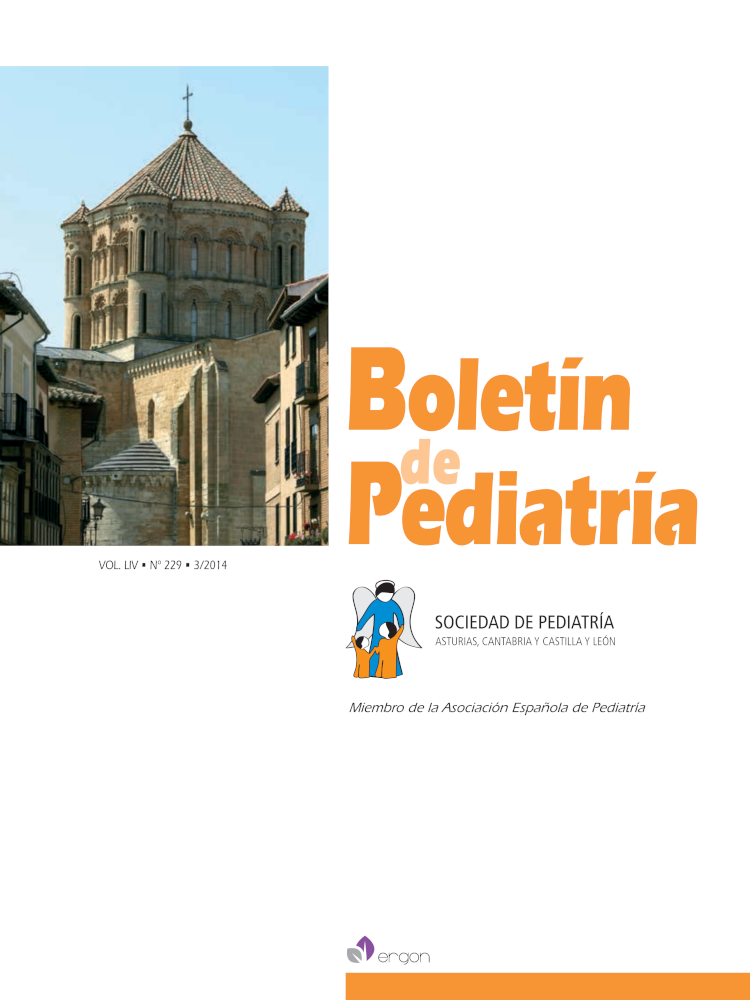Abstract
Objective. To determine the grade of knowledge that parents of asthmatic children seen in a child pneumology medical office have on the treatment of asthma.
Material and methods. A descriptive and cross-sectional study was made using self-filled out surveys. Knowledge was evaluated with the Newcastle Asthma Knowledge Questionnaire (NAQK). To analyze specific knowledge on the treatment of asthma, we selected questions 10, 11, 12,18, 19, 20, 27 and 31 of the NAQK that refer to treatment of the episode and maintenance treatment of the asthma. The questionnaire was administered to parents and other family members of asthmatic children seen in the child Pneumology medical office of a tertiary hospital.
Results. The sample was made up of 344 questionnaires. Regarding the management of the acute episode, only 39.2% had correctly identified the drugs indicated. Only 33.4% knew that inhaled medications have fewer side effects than oral ones. A total of 63.7% knew that the short cycles of corticosteroids do not have significant side effects and 66% stated that Ventolín® did not harm the heart. Regarding maintenance treatment of asthma, 63.1% knew that antibiotics are not an important part of the treatment. Up to 57% of the parents were not capable of indicating two maintenance treatments for asthma and 95% knew that an asthmatic child could live a normal life with adequate treatment. A total of 82.6% stated that children with frequent symptoms of asthma should take preventive treatment.
Conclusions. Performance of the NAQK makes it possible to evaluate knowledge on asthma that our population has. This information is useful for a subsequent education intervention.

This work is licensed under a Creative Commons Attribution-NonCommercial 4.0 International License.
Copyright (c) 2014 Boletín de Pediatría
